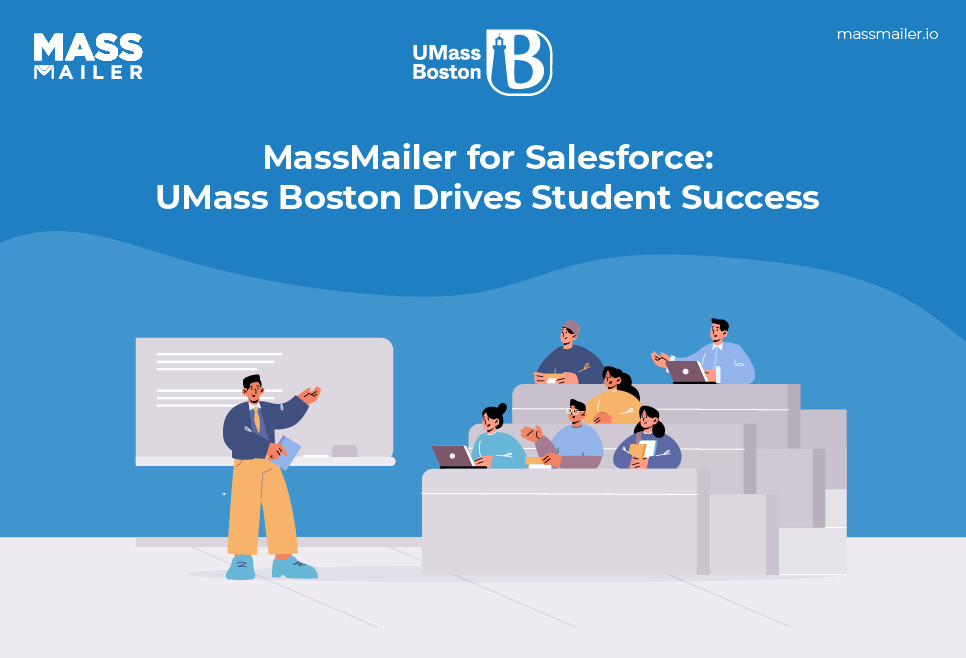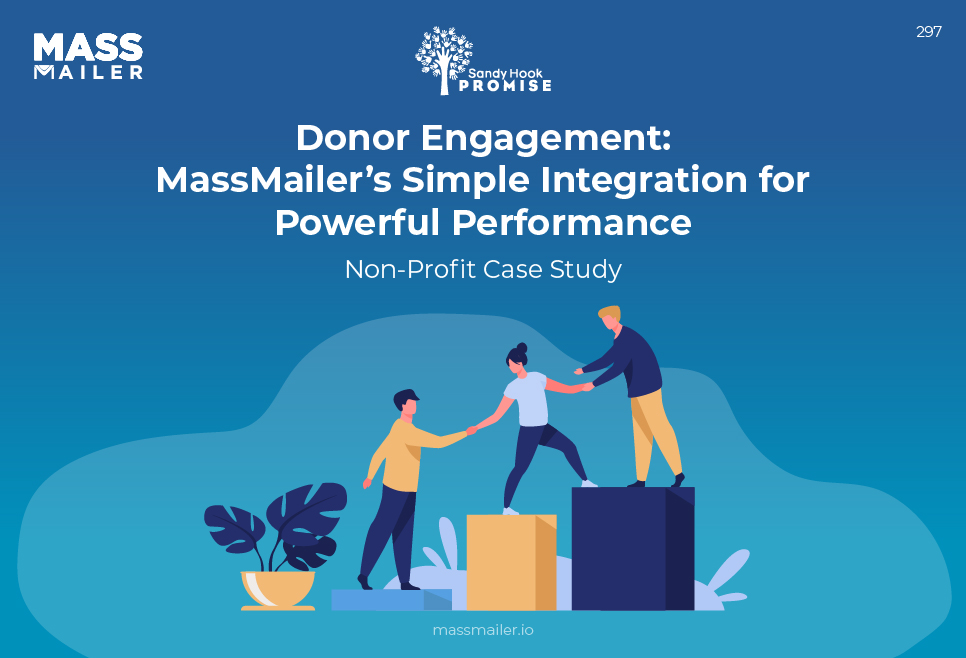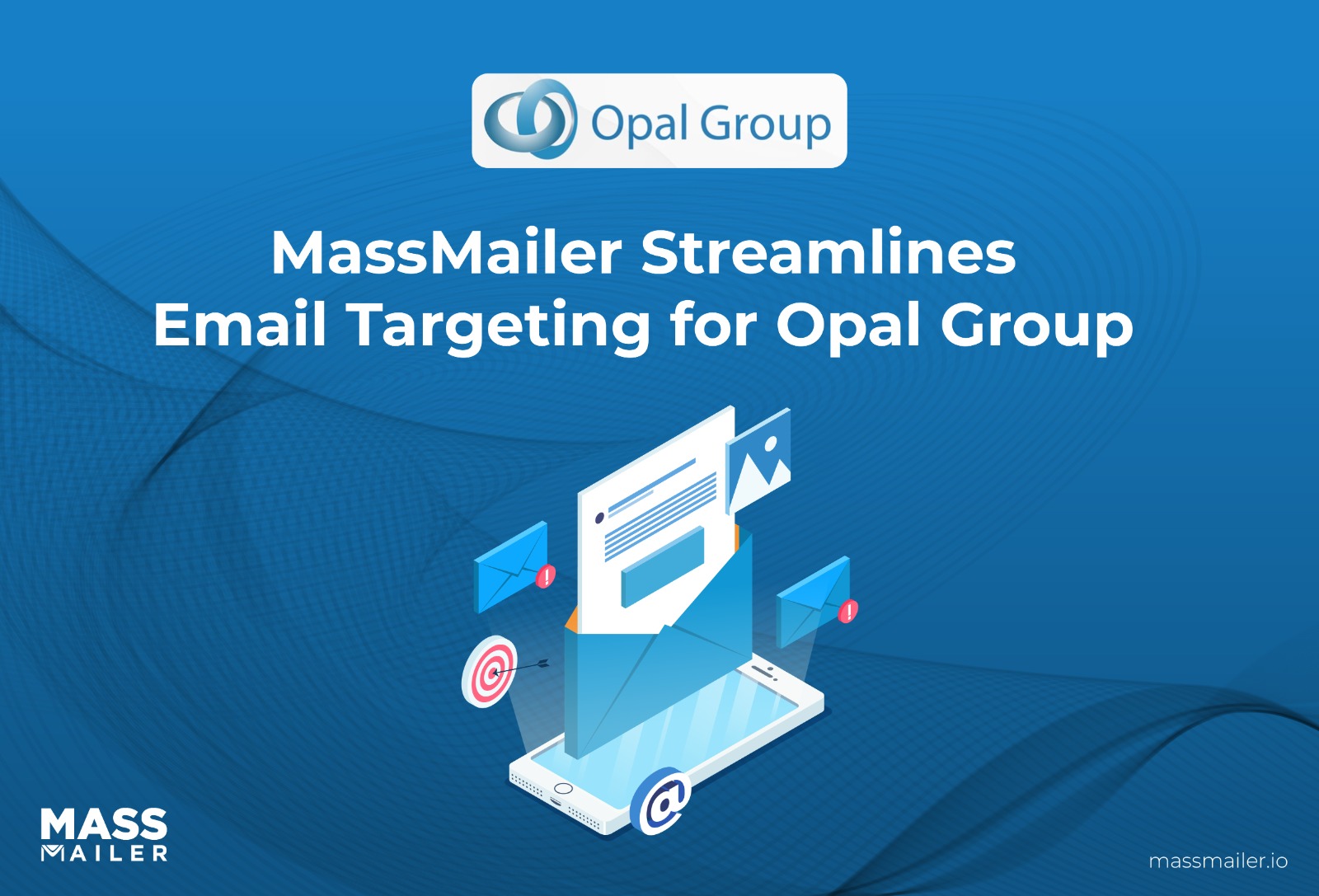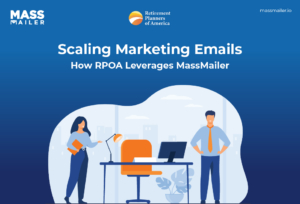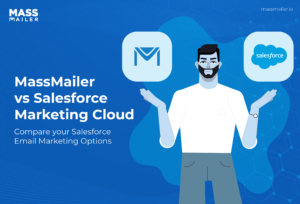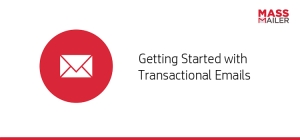Table of Contents
In the past, it was in the standard job description for a sales professional: procure and secure leads. Sales professionals needed to be constantly on the move, both finding people who were interested in an organization's product, pitching to them, and finally getting them to commit. But that is the past. We have steadily moved towards an environment that takes prospecting out of the responsibility list for a sales professional and this is why.

Why Shouldn't Sales Professionals Prospect?
Sales professionals are generally trained to do one thing: sell. Prospecting is an entirely different animal; it is more time-consuming and speculative. When sales professionals are prospecting, they aren't doing what they are truly trained to do.
Sales professionals generally don't enjoy prospecting. Prospecting doesn't have the individual one-on-one challenge that selling does, and consequently, much of the best sales talent doesn't enjoy prospecting. When someone doesn't enjoy their job, they aren't going to do it well. It also makes it difficult to procure and retain the best sales talent, as they may move into more challenging positions.
Sales professionals will need to split their focus. If they are both generating leads and also securing them, they need to determine which amount of time they are going to spend doing either. Because they are trained in sales rather than prospecting, they may not know how best to split their time and may end up either generating more leads than they can follow or not enough leads to secure.
Sales professionals will not be easily comparable. It will be very difficult to determine your metrics if you have sales professionals performing both lead generation and lead acquisition. You may have a professional who is bad at procurement but excellent at acquisition or vice versa, and won't be able to see this from their performance.
When Should a Sales Professional Prospect?
On the other hand, it's possible for there to be times when sales professionals do need to prospect. Generally, this can occur during a down turn for a business; if sales professionals have idle time and aren't making sales, then they may as well turn their eye towards prospecting. However, this is usually symptomatic of a prospecting department that isn't operating as effectively as it should.
Sales professionals may also prospect if they are turned onto leads through other customers or if they have very good leads that they have personal relationships with all of these things sidestep the efficiency issues noted above.
Lead Generation through Email Marketing Strategies:
Email marketing is one of the most effective and efficient ways to generate leads for sales professionals without having to invest into costly, specialized procurement teams or having to push sales professionals into procurement. Email marketing and other associated digital marketing campaigns can bring in leads steadily without substantial time or financial investment. MassMailer can be used together with Salesforce to bring in a stream of leads which can then be scored and engaged with and an investment in building these leads can serve an organization for some time to come.
For most businesses, sales departments and prospecting departments should be both specialized and separated. There are too many risks involved when pushing sales professionals towards prospecting: it is costly, inconvenient, and seldom effective. Through email marketing strategies and other inbound digital marketing, companies can achieve a cost-effective method of prospecting that doesn't tie up their most valuable personnel.
MassMailer, especially when used in conjunction with Salesforce, isan effective way to bring in already interested leadswithouthaving to burden your sales professionals with the task. Contact our team today to find out more about reducing your sales costs and increasing your sales efficiency.
Start Your Free Trial Today
Experience MassMailer the easiest way to send personalized emails from Salesforce.
Related Blogs

All You Need to Know About IP Address Pools in Email Marketing
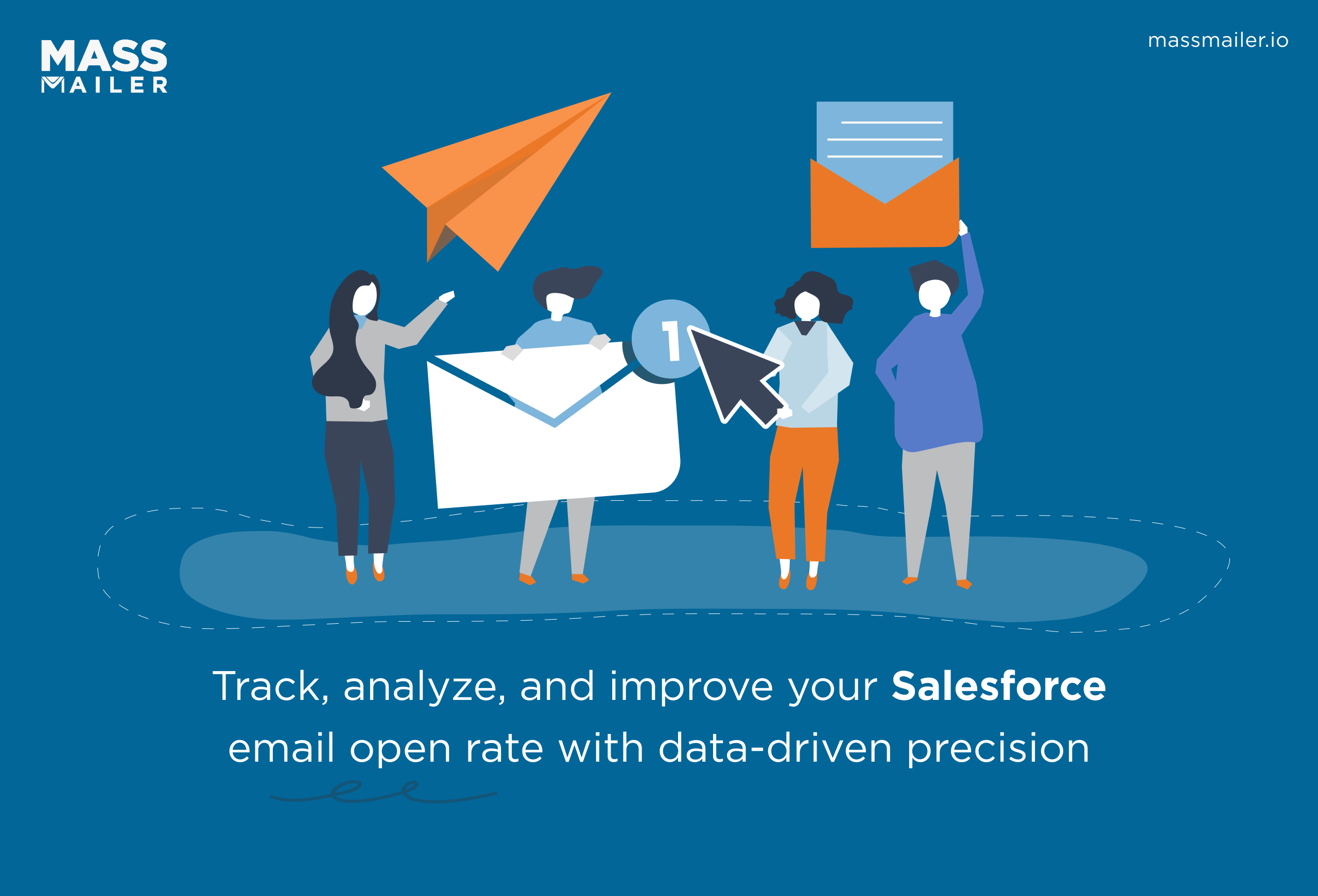
Salesforce Email Open Rate: How to Track and Improve
MassMailer Resources
MassMailer Glossary

